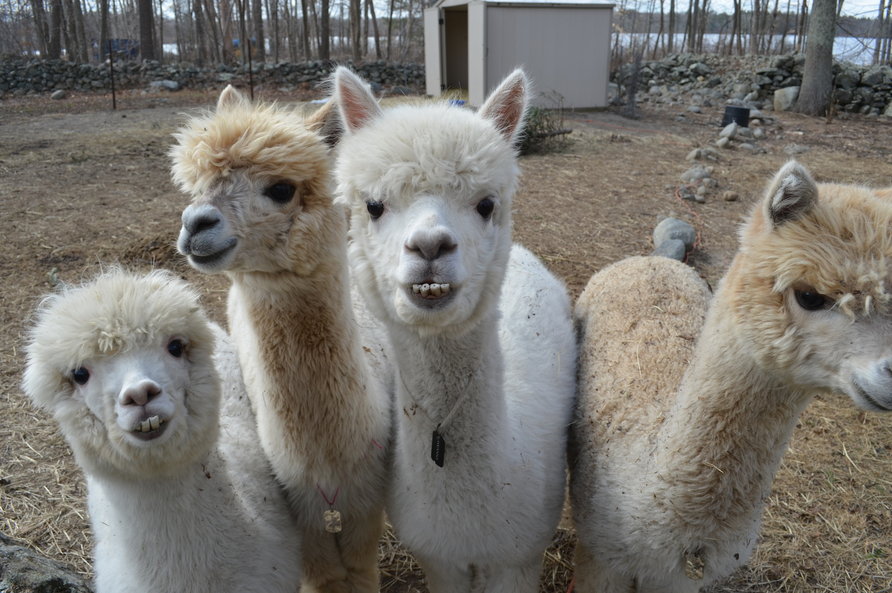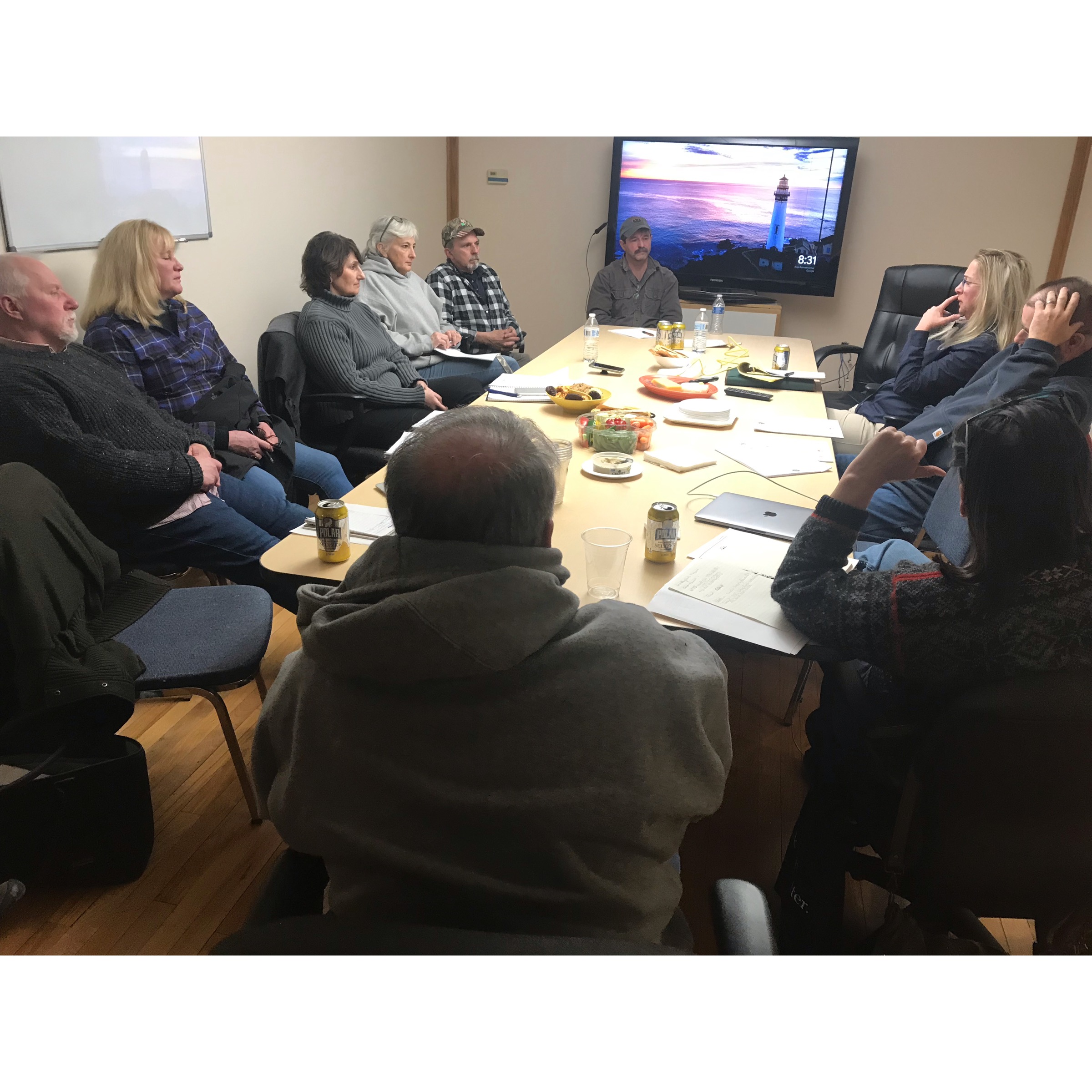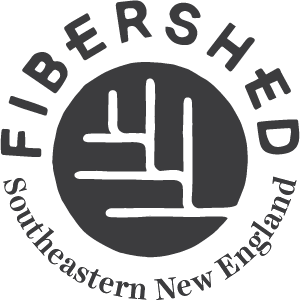
Image: Kave Rock Farm
Our Fibershed SENE team will now support and facilitate the growers’ progress through the steps outlined in Fibershed’s Climate Beneficial Transition Verification document, with additional cohort support from a pasture management specialist, Dr. Christine Worthington and soil sampling with our gracious friends at the Woods Hole Research Center. The project will culminate with a SEMAP Twilight Meeting to share the Cohort’s results with other alpaca and wool growers, and potentially other non-fiber livestock farmers. The project will also set the stage for producer applications to the Massachusetts Department of Agricultural Resources (MDAR) Agricultural Environmental Enhancement Program (AEEP) grants to secure funds for implementation of chosen practices. Throughout the project, we will be highlighting the producers who have so graciously joined on to be part of the project.

We also envision that the Cohort’s activities will create Carbon Farming resources that are unique to alpaca farmers and can be a model for alpaca growers elsewhere in our Fibershed and nationally. Finally, we are hopeful that the Carbon Farming plans created through this project will represent approaches that are appropriate for Northeast/New England climate and vegetation more generally. These elements would make the plans relevant for sheep farmers and potentially other non-fiber livestock farmers in our region as well.
Participating alpaca farms include:
Quissett Hill Farm
Plain View Farm
Kave Rock Farm
NEAFP
Sippican River Farm
Island Alpaca Co. of Martha’s Vineyard
Moonlight Rose Alpacas
READ INTERVIEWS with our cohort here:
Alpaca Carbon Farming Cohort Spotlight: KaveRock Alpaca Farm
Alpaca Carbon Farming Cohort Spotlight: Plain View Alpaca Farm
Alpaca Carbon Farming Cohort Spotlight: Moonlight Rose Alpaca Farm
Regenerative Farming With Massachusetts-Based Sippican River Alpaca Farm
Plain View Alpaca Farm Weighs In On Carbon Farming & Summer Progress
